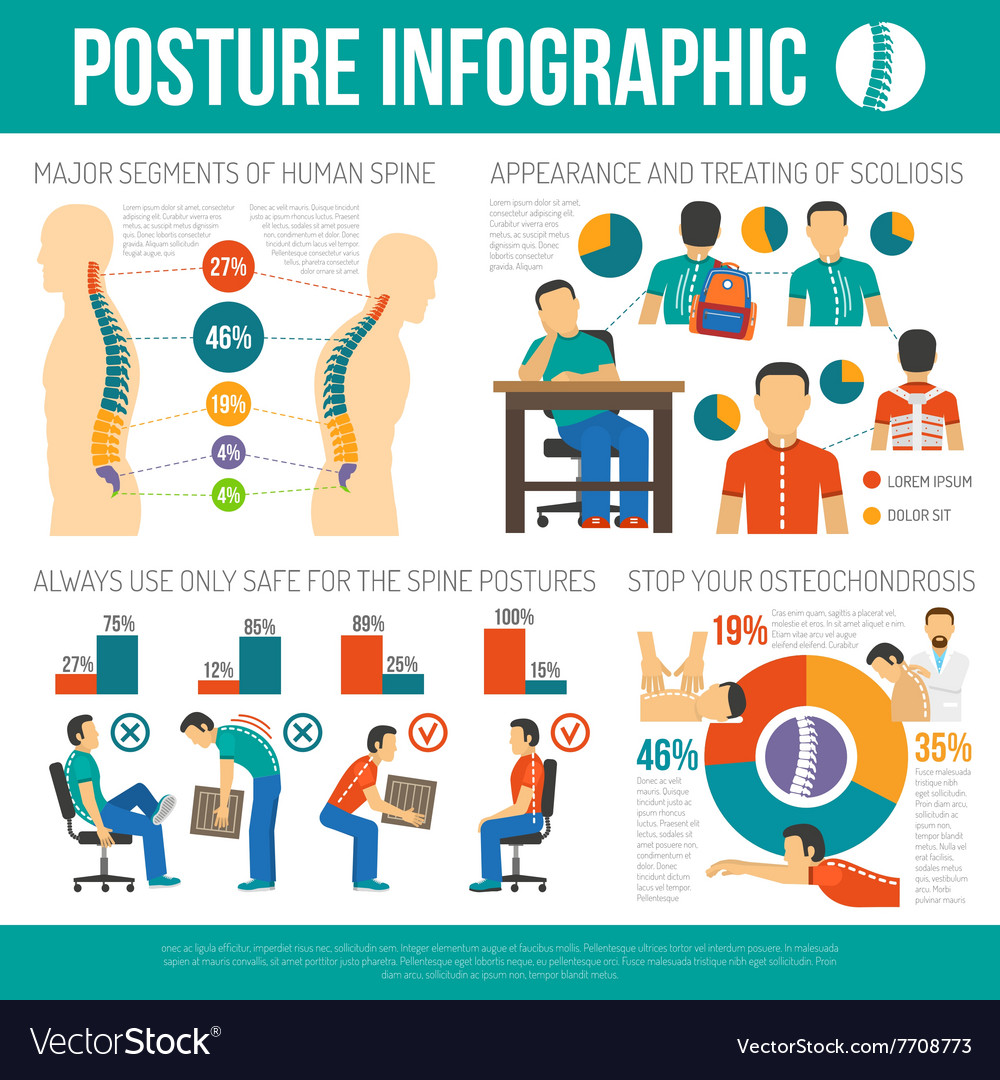Nourish Your Back And Discover Just How The Foods You Consume Can Either Relieve Or Exacerbate Your Pain - Discover Which Ones To Choose Wisely
Nourish Your Back And Discover Just How The Foods You Consume Can Either Relieve Or Exacerbate Your Pain - Discover Which Ones To Choose Wisely
Blog Article
Authored By-Mcclure Sharpe
When it involves managing your back pain, the food options you make can considerably affect exactly how you feel every day. Picture having the ability to alleviate your pain just by readjusting what you eat. By recognizing the role of nutrition in pain in the back administration and knowing which foods to incorporate or stay away from, you can take positive actions in the direction of a much healthier and extra comfy way of life. The link in between nutrition and back health is more extensive than you may understand-- let's explore just how particular foods can either calm or intensify your pain in the back.
Significance of Nutrition in Pain In The Back
Nourishment plays an important function in handling pain in the back. Your diet can considerably affect inflammation levels and general discomfort degrees in your back. Eating a well balanced diet plan rich in nutrients like vitamins D and K, calcium, magnesium, and omega-3 fats can help in reducing inflammation and strengthen bones, which are crucial for back health and wellness.
Additionally, preserving a healthy weight via correct nourishment can alleviate anxiety on your spine, lowering the risk of back pain.
In addition, specific nutrients like anti-oxidants discovered in vegetables and fruits can help combat oxidative tension and promote recovery in the body, including the back muscle mass and spine.
On the other hand, eating extreme amounts of processed foods, sweet beverages, and undesirable fats can add to inflammation and weight gain, intensifying back pain.
Foods to Consume for Back Health
To sustain a healthy and balanced back, integrating nutrient-rich foods into your daily dishes is vital. Consisting of foods high in antioxidants like berries, spinach, and kale can help reduce inflammation in your back, reducing discomfort and pain. Omega-3 fatty acids found in fatty fish such as salmon and mackerel have anti-inflammatory residential properties that can benefit your back wellness.
In chiropractor pregnancy , consuming nuts and seeds like almonds, walnuts, and chia seeds offers necessary nutrients like magnesium and vitamin E, which support muscle feature and minimize oxidative stress. Incorporating lean healthy proteins such as hen, turkey, and tofu can assist in muscular tissue repair work and maintenance, promoting a strong back.
Do not neglect to include dairy products or strengthened plant-based options for calcium to support bone wellness. Finally, moisten with a lot of water to maintain your back discs moistened and working efficiently. By consisting of these nutrient-dense foods in your diet plan, you can nurture your back and support total back health.
Foods to Avoid for Neck And Back Pain
Go with avoiding processed foods high in sugarcoated and trans fats when seeking relief from pain in the back. These sorts of foods can contribute to swelling in the body, which may intensify pain in the back. Say no to sweet snacks like candy, breads, and sweet drinks, as well as convenience food items like hamburgers, fries, and fried poultry that are often packed with trans fats.
In addition, avoid foods having high degrees of refined carbohydrates, such as white bread, pasta, and breads, as they can surge blood sugar degrees and possibly worsen swelling in the body.
It's also a good idea to restrict your intake of foods high in saturated fats, like red meat and full-fat dairy items, as they can contribute to inflammation. Processed foods like deli meats, chips, and packaged treats are typically high in hydrogenated fats and ought to be eaten in small amounts.
Conclusion
Finally, paying attention to your diet plan and making smart food choices can have a significant impact on taking care of pain in the back. By incorporating side and back pain -rich foods like berries, fatty fish, nuts, and lean healthy proteins, and staying clear of processed and sweet products, you can help in reducing swelling and assistance in general back health and wellness. Keep in mind, what you eat plays an essential role in how you really feel, so make sure to prioritize your nutrition for a healthier back.
